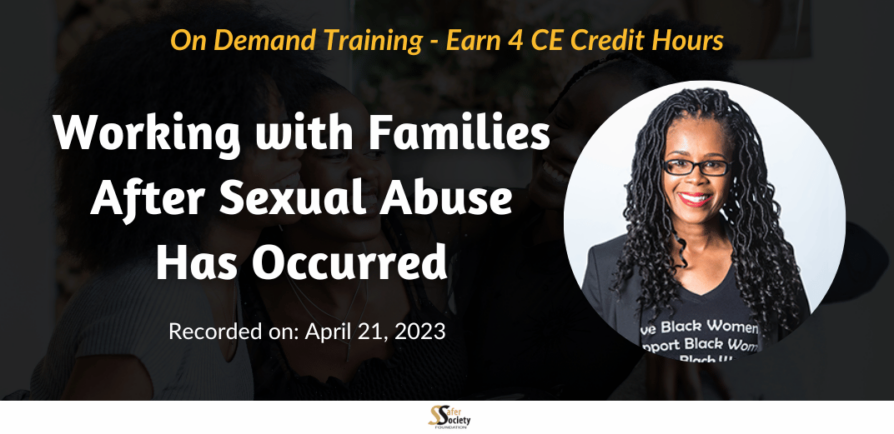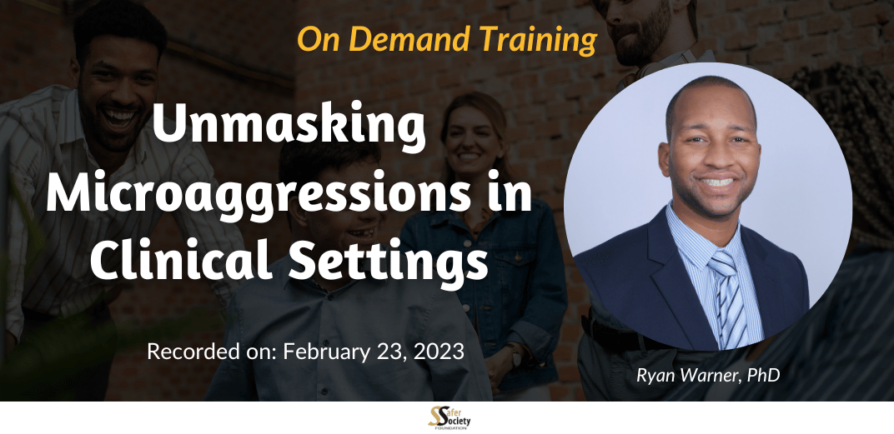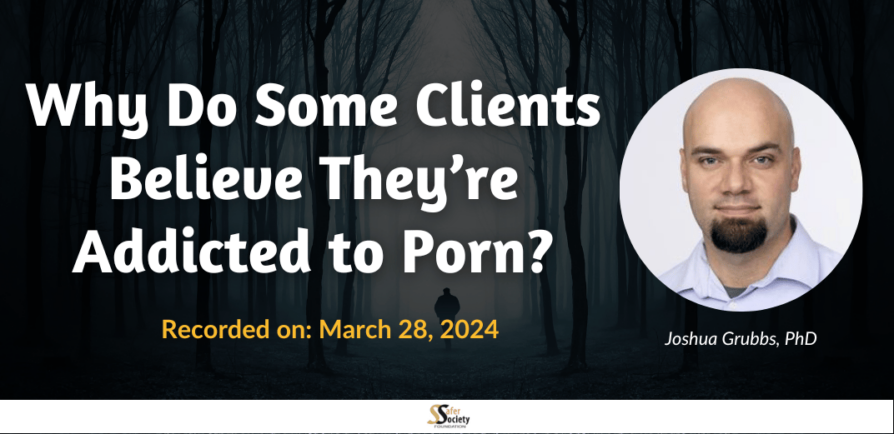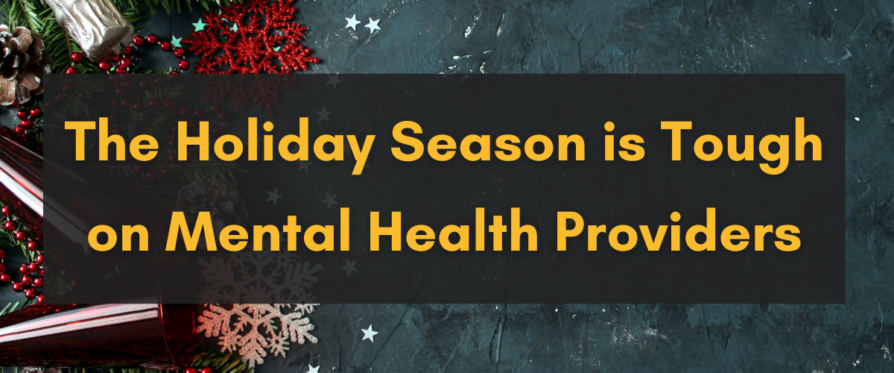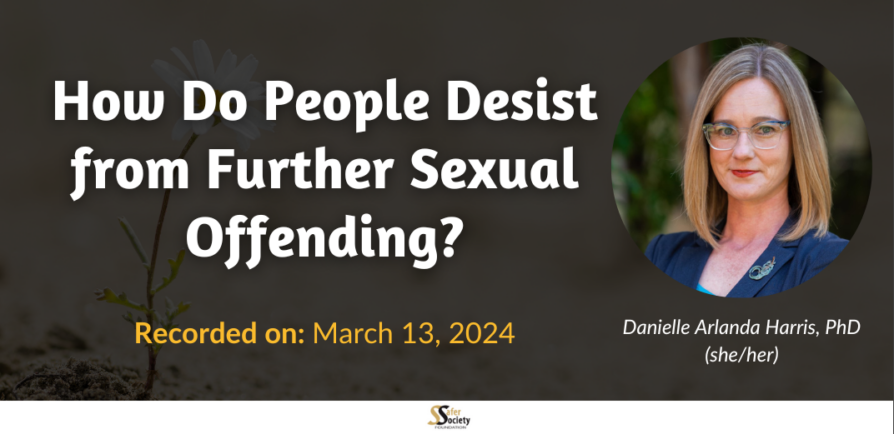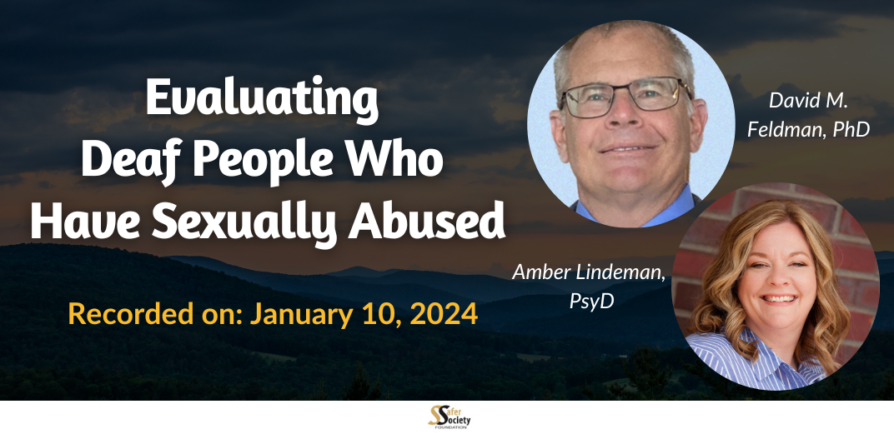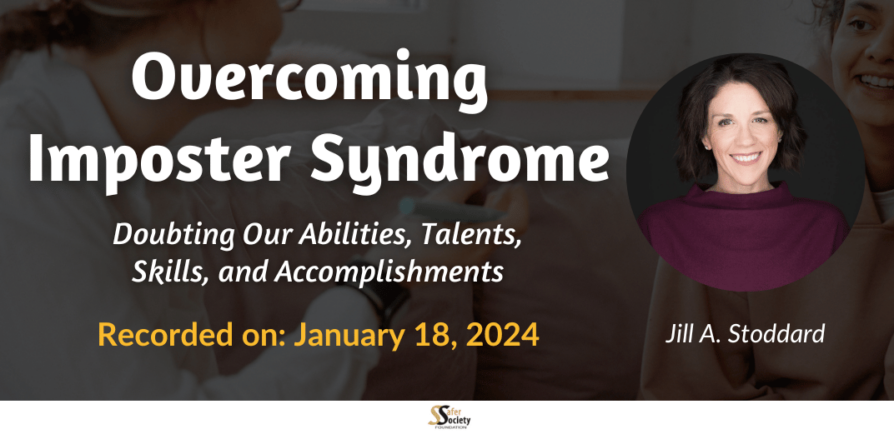This workshop addresses the issue of adolescents sexually abusing others in their family. Decades of science and practice have shown that sexual abuse within families cannot be addressed effectively by any single discipline. Working with families in which sexual abuse has occurred can require expertise in many areas, including understanding the effects of abuse on those who are victimized as well as other family members. It also requires that we understand the elements of the adolescent’s life that led him or her to abuse. As well, professionals need to understand the factors that may contribute to further abuse if there is no intervention as well as the factors that can help to prevent it from happening again.
Unmasking Microaggressions in Clinical Settings
The training begins with a section on bias and inclusivity, engaging attendees in an examination of our implicit biases, actions, and responses and focusing on how attendees can utilize appropriate self-disclosure and encourage productive dialog in order to promote optimal learning and improved insight. Dr. Warner provides useful strategies for responding to microaggressions and offers techniques to avoid unintentionally perpetuating covert forms of discrimination. Personal self-care strategies will also be discussed. Finally, the training focuses on enhancing workplace culture by boosting organizational practices to create a more inclusive culture.
Why Do Some Clients Believe They’re Addicted to Porn?
Joshua Grubbs sets aside controversial questions about whether porn addiction exists. Instead, his research focuses on what factors are at play when clients believe they are addicted to pornography. Dr. Grubbs research seeks to answer this question: To what extent does the use of sexually explicit media conflict with each person’s strongly held values and beliefs. His most recent work has explored the role of narcissistic antagonism in the self-perception of porn addiction.
In this fascinating webinar interview, Dr. Grubbs reviews his rather surprising findings and explores their clinical implications. Attendees are asked to consider this: How much do we really know about what we are treating when clients say they are addicted to porn?
The Holiday Season is Tough on Mental Health Providers
We know the holiday season is tough on clients due to factors such as negative family dynamics, the loss of a daily routine, financial pressures, etc., but it is also a very tough time for those in the mental health profession. Come join us during Safer Society’s “Safe Haven,” an online support session where mental health professionals can decompress and share their own best practices for working with clients around the holidays.
How Do People Desist from Further Sexual Offending?
Australian researcher Danielle Harris has spent her career studying desistance. In this webinar, Dr. Harris presents her work on understanding the pathways to desistance taken by sexual offenders after they are released from incarceration. She begins by drawing upon more than two decades of primary research to reflect on our changing perceptions of sexual offending across the life course.
Evaluating Deaf People Who Have Sexually Abused
Deaf people who have sexually abused present a unique challenge to mental health professionals, law enforcement, administrators, and attorneys at various stages of the legal system. Professionals rarely possess expertise in the cultural and linguistic competencies necessary for evaluating or providing interventions to deaf sexual offenders.
This webinar explores the challenges of this work. It highlights common mistakes and misunderstandings in evaluation, diagnosis, treatment, and management.
Bar Harbor Bank and the Casual for a Cause Donation
“Safer Society is grateful for the donations from Bar Harbor Bank & Trust employees,” said Sarah Snow Haskell, Director of Operations at Safer Society. “The generosity of those in our community, whether big or small, inspires our team to continue our mission of creating a safer society free of sexual and social violence. The support received will help fund our resources for building hope and resilience in youths in Vermont and around the globe.”
How to Approach Colleagues with Ethical Concerns
The speakers provide valuable insights gained from years of experience in helping professionals address ethical dilemmas. The speakers share practical strategies for approaching and resolving conflicts in line with ethical codes, and learn how to effectively navigate complex ethical challenges in your professional journey.
Happy Thanksgiving From Safer Society
With the passing of another year, we once more enter the season of festivities that begin, here in the United States, with Thanksgiving Day. No …
Overcoming Imposter Syndrome
Dr. Stoddard, the author of Imposter No More: Overcome Self-Doubt and Imposterism to Cultivate a Successful Career, shares her insights into the imposter experience and offers practical strategies for overcoming self-doubt and imposterism. The webinar provides a platform for understanding imposterism differently, such as the observation that whatever one worries they’re not good at is what they actually care about.
